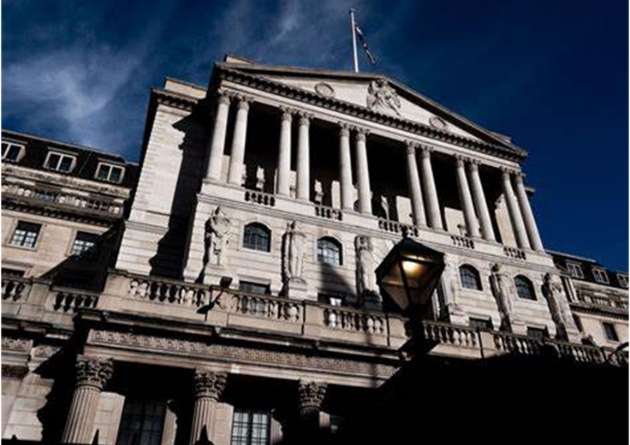Bank of England's Insights on Financial Stability and Market Dynamics

- rabeelrana
The Financial Policy Committee (FPC) of the Bank of England recently concluded its meetings, shedding light on its strategies and concerns regarding monetary policy and financial stability. These insights have significant implications for financial markets. In the face of ongoing uncertainties, the FPC emphasized that the global financial landscape remains unpredictable. The sharp increase in long-term interest rates, especially in the United States, is adding pressure to the global banking system. These rising rates, coupled with sluggish economic growth prospects and geopolitical tensions, are making financial markets more vulnerable to shocks.
Market developments have been marked by a notable escalation in risk-free interest rates since the last Financial Stability Report in July. The 10-year U.S. government bond yields have reached their highest levels since 2007, hovering around 4.75%. Meanwhile, in the UK, market expectations imply a lower peak Bank Rate than previously anticipated, reflecting concerns about inflation and short-term growth prospects. The FPC has expressed concerns about stretched valuations of risky assets, signaling the potential for a price correction that could impact corporate financing on a global scale. On a global scale, higher interest rates are increasing the debt-servicing burden for households and businesses in advanced economies. The FPC is particularly worried about the longstanding vulnerabilities in the Chinese property market, which have become more apparent in recent months. A downturn in China could spill over into the UK financial system, given UK banks’ exposure to Hong Kong, where property prices remain high. In the UK, households are feeling the pinch from rising interest rates and the cost of living. Although unemployment remains relatively low at 4.3%, signs of economic softening are evident. On the corporate side, smaller and highly leveraged firms are under pressure, but the overall sector seems to be resilient to higher interest rates and weak growth. The FPC reassured that the UK banking sector remains strong, supported by ample capital and liquidity. It plans to maintain the UK countercyclical capital buffer rate at 2%, reflecting confidence in the sector’s resilience even under adverse economic conditions.
Looking ahead, the FPC’s next policy meeting in November 2023 will be closely watched by the markets. Given the complex backdrop of rising interest rates, concerns about asset valuations, and global vulnerabilities, any changes in the FPC’s stance or policies could have significant implications for financial markets. Market participants should be vigilant for potential corrections in asset prices, especially in riskier asset classes. Investors with exposure to UK banks may find reassurance in the FPC’s assessment of sector resilience. Additionally, keeping a close eye on developments in the Chinese property market is crucial, as it could have far-reaching implications for global financial stability.
By staying informed and monitoring these factors, market participants can navigate the intricate web of influences on financial stability and market dynamics in these uncertain times.
